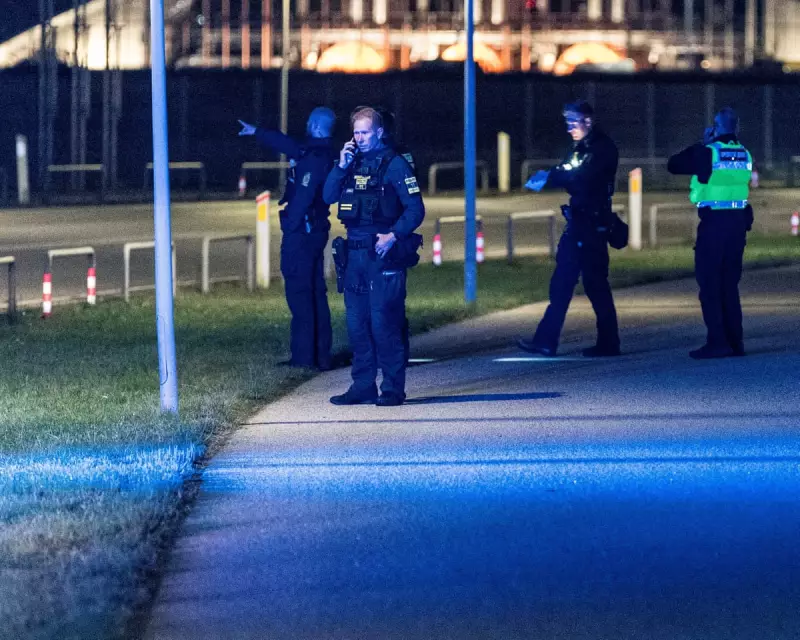
European intelligence agencies are sounding the alarm over an unprecedented escalation in Russia's covert campaign to destabilise the continent. According to classified documents seen by security sources, Moscow has launched a multi-pronged hybrid warfare offensive that represents the most significant threat to European stability in decades.
The Three-Pronged Assault
Security officials have identified three core components of Russia's aggressive strategy:
- Physical sabotage: Coordinated attacks on critical infrastructure including transport networks and energy facilities
- Digital warfare: Sophisticated cyber operations targeting government systems and spreading disinformation
- Political manipulation: Covert funding of extremist groups and orchestrated migration pressures
From Theory to Reality
What was once considered theoretical warfare has become stark reality. Recent months have witnessed a dramatic increase in incidents across multiple European nations. Intelligence reports detail everything from arson attacks on industrial sites to sophisticated hacking campaigns against political institutions.
One senior NATO official, speaking on condition of anonymity, described the situation as "the most coordinated and aggressive hybrid campaign we've witnessed since the Cold War."
The Broader Strategy
Analysts suggest this represents a strategic shift in Moscow's approach. Rather than conventional military confrontation, Russia appears to be pursuing a policy of gradual erosion - weakening European unity, testing NATO resolve, and creating internal divisions that could be exploited for geopolitical advantage.
The timing is particularly concerning, with multiple European nations facing critical elections in the coming months. Security services warn that the Kremlin is actively seeking to influence electoral outcomes and amplify social tensions.
Europe's Response
European governments are now scrambling to coordinate their response. Enhanced security measures, increased intelligence sharing, and public awareness campaigns are being deployed across the continent. However, officials acknowledge the unique challenges of combating an adversary that operates in the shadows while maintaining plausible deniability.
As one security expert noted, "This is the new battlefield - one without clear front lines or uniformed soldiers, but with consequences just as profound for European security and democracy."






